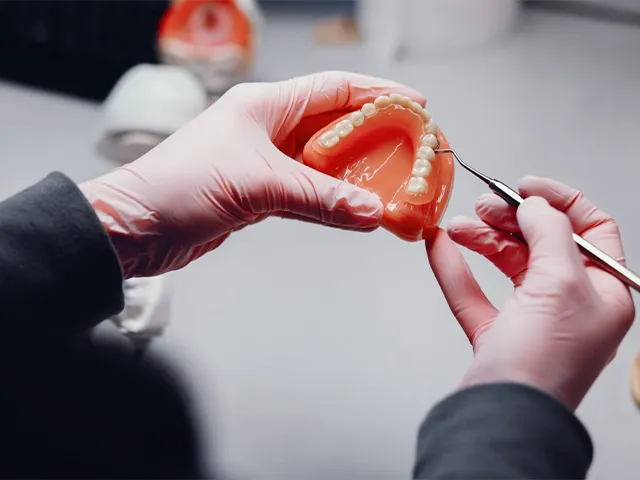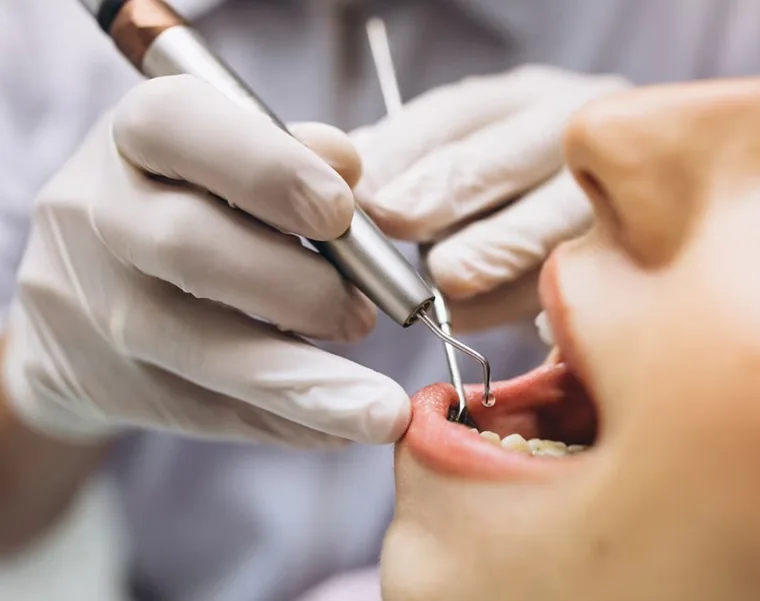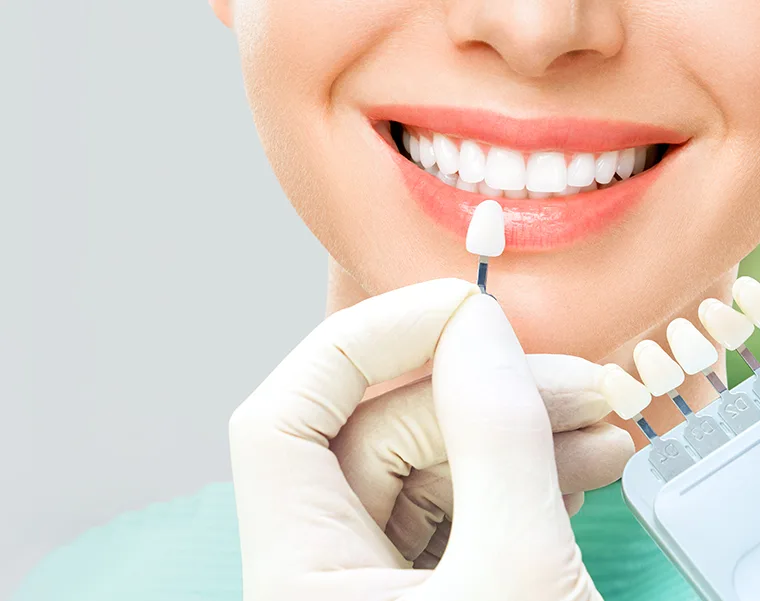What is good for gum pain? The question is one of the questions that those who experience pain in their gums seek answers to. Pain in the gums can occur for various reasons. It is usually associated with conditions such as the healing process after tooth extraction or gum recession. There are a few simple methods that can be applied at home for such pain.
What is good for gum pain? There are of course simple and natural methods that can be applied at home for pain. However, it is important to diagnose the source of the pain correctly for the correct treatment. Therefore, if the pain is severe or lasts more than a few days, it is best to consult a dentist. The dentist can identify the underlying cause of the problem and recommend appropriate treatment.
What is Good for Gum Pain During Pregnancy?
Gum pain can occur for a variety of reasons. These include tooth decay, gingivitis and gum recession. These underlying problems can directly affect the health of teeth and gums. Different treatment methods may be required for each of them.
In answer to the question of how to relieve gum pain, there are some methods that can be applied at home. Gargling with salt water, applying cold compresses to the sore area and using natural anti-inflammatory products such as aloe vera can be effective in relieving pain.
Here are some suggestions that can help with gum pain during pregnancy:
Especially the question of what is good for gum pain during pregnancy is important for pregnant women. Because during this period, gums may be more sensitive and prone to inflammation due to hormonal changes.
During pregnancy, natural solutions that do not contain chemicals should be preferred. If home remedies are insufficient, medication recommended by the dentist may be necessary. However, a health professional should be consulted before using any medication.


What is Good for Tooth and Gum Pain?
There are several home remedies to relieve tooth and gum pain. Here are some of the most effective methods:
Salt Water Mouthwash: Salt water is an effective method to soothe the gums and reduce inflammation. By adding some salt to warm water and mixing it, you can gargle with this water several times a day.
Regular Brushing and Flossing: When it comes to gum pain, it is important to pay extra attention to oral hygiene. A regular daily oral care routine is of great importance. Brushing and flossing can reduce pain and inflammation by preventing plaque buildup.
Natural Anti-inflammatory Gels: Natural anti-inflammatory gels, such as aloe vera, can relieve pain and inflammation when applied to the gums. These gels are generally safe to use, but a dentist should always be consulted before using any product.
Healthy Diet: A diet rich in vitamin C and other antioxidants supports gum health and can reduce inflammation. Eating plenty of fruits and vegetables helps maintain overall dental health.
Visiting the Dentist: Regular visits to the dentist are particularly important. The dentist can assess your gum health and recommend appropriate treatment.
What is Good for Gum Pain Natural Methods
In addition to the above, there are several other natural remedies for pain. Here are some alternatives:
Clove Oil Clove oil has strong antiseptic and pain relieving properties. A few drops of clove oil can be dripped onto a cotton ball and applied directly to the sore gum.
Sage: Sage is beneficial for oral and dental health due to its anti-inflammatory properties. Brewing sage and gargling when warm can soothe gums and remove germs.
Tea Tree Oil: Tea tree oil has strong antibacterial and antiseptic properties. This oil can be used as a mouthwash after diluting it (by adding a few drops of oil to a glass of water). However, it should not be applied directly to the gums because it is quite strong.
Ginger: Ginger is an anti-inflammatory root plant. Fresh ginger can be grated and cotton soaked in its juice can be applied to the gums.
With these methods, it is important to know whether the person is allergic to these natural products. Otherwise, it may cause an allergic reaction. If there is no allergy, these natural methods usually provide temporary relief.
If the pain persists or if there are more severe symptoms, it is necessary to consult a dentist. Pain in the gums can be a sign of more serious gum disease.

Gum Pain Baking Soda
Baking soda, sodium bicarbonate, can be used to relieve gum pain. Baking soda has antiseptic properties. It can reduce bacterial growth by balancing the acid level in the mouth. This can help reduce gum inflammation and pain.
There are several ways to use baking soda to relieve pain in the gums:
Carbonated Water Gargle: Mix a teaspoon of baking soda in a glass of warm water and gargle with this solution several times a day. This method can help soothe the gums and restore the pH balance of the mouth.
Carbonated Paste: A small amount of baking soda can be mixed with a small amount of water to make a paste. This paste can be gently applied to the gums with a finger or a soft toothbrush. Then rinse the mouth with some water.
However, due to the abrasive properties of baking soda, you should avoid using this method frequently. Overuse can damage tooth enamel.
You can contact Libredent for a detailed examination about your tooth and gum pain.











